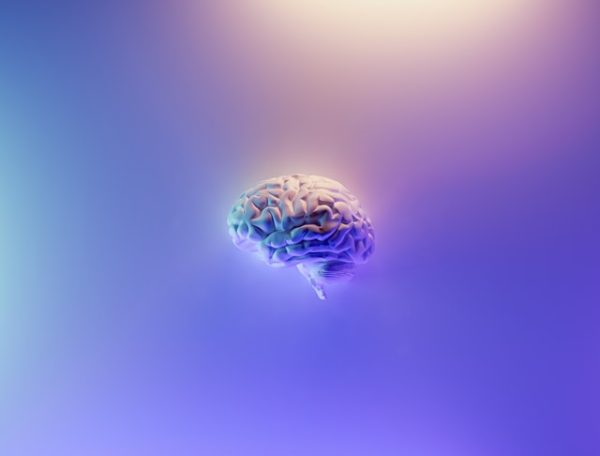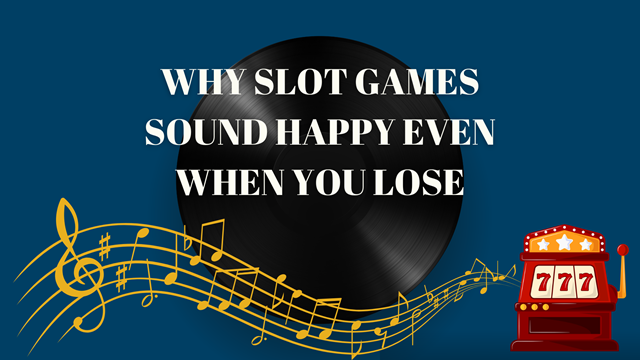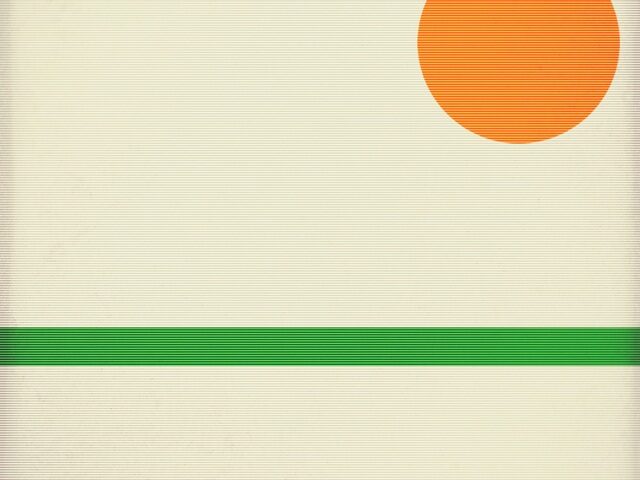
It seems like a no-brainer that taking smart drugs such as Nootropics should be safe and well-tolerated. The brain is complex and sensitive. It must be treated with care, and certain measures should be taken to avoid potential side effects. It is important to remember that everyone is different. No one can predict how individual effects of smart drugs such as Nootropics might affect a given individual. Many people have negative experiences with smart drugs like Modafinil, and some have negative experiences with other smart drugs like methylphenidate. Not all smart drugs are created equal. That is why we created the NootropicsList to help you know the facts about these compounds. Read on to learn more about these top-notch brain boosters’ potential risks and benefits.
What is a Nootropic brain boost or Smart Drugs
A nootropic is a drug that enhances brain function. There are many different types of smart drugs, but Nootropics are the most popular. They are synthetic compounds that are designed to boost cognitive function by preventing, increasing, or altering memory, learning, and attention. These brain functions are deeply affected by aging, disease, and other factors. Many of these memory-boosting and learning-enhancing benefits are thought to be due to the increased secretion of neurotransmitters like dopamine, serotonin, and glutamate by the brain.
How to Protect Your Mind from Nootropics
You can do a few things to protect your mind from taking nootropics. The first one is to avoid overloading yourself with too many tasks at once. It’s easy to get overwhelmed when you’re under a lot of stress, so consider delegating tasks to a friend or family member instead of trying to do too much. Also, research which types of stressors affect you the most and try to avoid having those triggers around.
Effects of nootropics (smart drugs)?
The effects of nootropics on the brain are still being researched, but there are a few well-documented effects:
- Increased focus and concentration
- Increase in problem-solving ability
- Improving sleep
- Decreasing the risk of developing depression
- Helping with chronic pain and inflammation
- Increasing the production of natural growth hormones
- Helping with attention-deficit hyperactivity disorder (ADHD
- Improving the ability to reason
Potential damage of nootropics (smart drugs)?
We have already mentioned above that not all smart drugs are created equal. A few examples include amphetamines like Adderall and Ritalin, as well as methylphenidate (“Ritalin”), which is prescribed for ADHD. These are all “high-intensity” stimulants that have been shown to have a negative effect on memory function over time. It has also been shown that long-term use of these drugs damages the memory and the relationship between the brain and body. The most frequent side effects are feeling jittery, being unable to concentrate, extreme fatigue, and even mood shifts. When you first start taking nootropics, you may notice increased energy. This is attributed to the fact that your brain is getting a workout. Over time, you’re likely to become less jittery and less fatigued. However, you should note that even the most scientific-minded individuals cannot predict each individual’s response to nootropics. As a result, it’s important to discuss potential side effects with your doctor before starting any type of supplement.
HGH and Testosterone
HGH and Testosterone medications and nootropic medications are meant to boost human growth hormone (HGH) and testosterone in order to treat various conditions such as muscle weakness, conditions that stimulate the growth of body tissues like cancer, and even mitotically programmed death (MPD). However, overexpression of these hormones can be harmful. It can lead to diseases like Cushing’s disease, which is a medical condition where the person overproduces cortisol, the stress hormone.
Which Brain Boosters Are There?
Caffeine – Caffeine is a natural stimulant that can help you stay focused and alert. However, excessive caffeine intake can be harmful. Caffeine can also be dangerous because people who have a history of heart disease, high blood pressure, or stroke may be at an increased risk of having a cardiac arrest while taking caffeine.
Omega-3 Fatty acids – Omega-3 fatty acids are a class of chemicals known as anti-inflammatory, anti-oxidative, anti-nociceptive, and anti-static agents. Omega-6 Fatty acids – Omega-6 fatty acids are essential for the body. They can be found in certain plant foods like corn, sunflower, and safflower.
Should One Take a Nootropic Supplement?
Studies have shown that the addition of caffeine to brain cells increases the rate of growth and survival. This means that caffeine can actually increase the rate at which brain cells are formed and mature. This can lead to increased brain function, muscle growth, and an increased ability to focus. The American Academy of Neurology recommends that individuals who want to improve their memory or learn new skills should consider taking powerful antioxidants like vitamin E or C, omega-3 fatty acids, resveratrol, or grapefruit juice. As with most things in life, the balance between good and bad can vary from person to person. Some people may experience the side effects of caffeine without realizing it.
The debate regarding the safety and efficacy of smart drugs has been raging on and off for years. In truth, the only reliable way to know if a particular substance is a smart drug or not is to test it out yourself. If you are interested in learning more about the benefits and risks of these brain boosters, check out the reviews and user testimonials for each product on the NootropicsList. If not, you can rest assured that you are not taking any risks by using any of the products mentioned above. You should start training regularly, eat a healthy diet and take care of your mental health.





